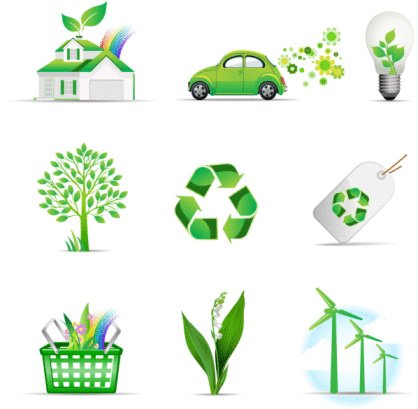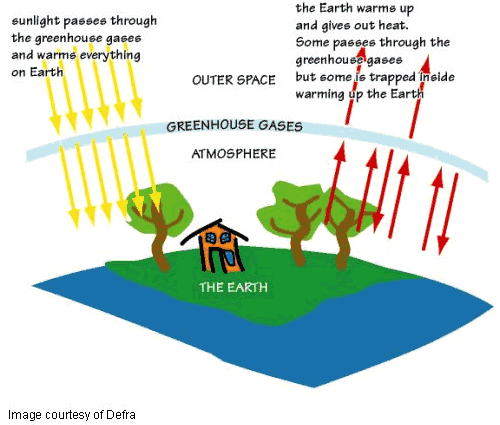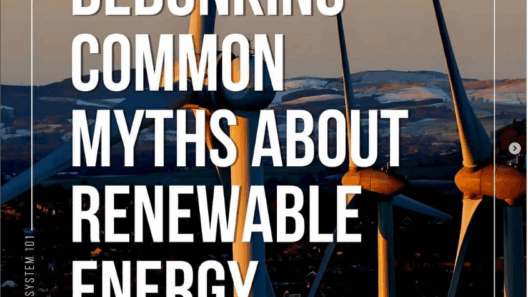In a world grappling with environmental degradation and rampant energy consumption, the urgency to conserve energy is more pressing than ever. The complexities of climate change are intertwined with our daily activities, and while the challenges seem overwhelming, there are practical steps we can adopt to reduce our carbon footprint. By embracing energy conservation today, individuals can enact real change, not just for themselves, but also for future generations.
Understanding energy conservation begins with recognizing the monumental impact that even small actions can have. Each time you adjust your daily habits, you contribute to a larger movement toward sustainability. It is imperative to cultivate a mindset dedicated to energy efficiency. This shift in perspective is the first step toward integrating energy-saving practices into the fabric of everyday life.
The concept of energy audits serves as a foundational element of energy conservation at home and in businesses. An energy audit assesses how energy is used and identifies areas where reductions can be achieved without compromising comfort or productivity. Engaging a professional to conduct an audit can uncover inefficiencies that may have otherwise gone unnoticed, such as drafts, insulation problems, or outdated appliances consuming undue energy. Following the recommendations provided can lead to substantial savings—money and energy alike.
Lighting choices offer another avenue for immediate impact. Transitioning from incandescent bulbs to LED alternatives is one of the simplest yet most effective ways to conserve energy. LEDs consume a fraction of the energy and have a significantly longer lifespan, which reduces the frequency of replacement. Moreover, consider employing natural light during the day. Opening blinds and curtains can illuminate spaces without the need for artificial lighting, thereby conserving electricity.
Another change with a profound effect is replacing older appliances with energy-efficient models. Look for appliances that carry the Energy Star label, which denotes adherence to stringent energy efficiency guidelines set by the U.S. Environmental Protection Agency. Moreover, when utilizing these appliances, employing smart usage habits is crucial, such as running dishwashers and washing machines during off-peak hours or only when full. This practice not only saves energy but can also lead to reduced utility bills.
Heating and cooling accounts for a significant portion of energy expenditure in households. Installing a programmable thermostat can be a game changer. These devices allow for tailored temperature settings, automatically adjusting heating or cooling based on occupancy patterns. By setting the thermostat back a few degrees in winter and a few degrees higher in summer, substantial energy conservation can be achieved. Additionally, insulate your home properly and seal any leaks to maintain an optimal internal climate without over-reliance on heating or cooling systems.
Behavioral modifications extend beyond appliances and involve our fundamental habits. Simple actions, such as diligently switching off lights when leaving a room or unplugging chargers and devices when not in use, make a measurable difference. The cumulative effect of these conscientious behaviors not only reduces energy use but also cultivates a culture of sustainability within communities.
On a larger scale, engaging with renewable energy sources presents a unique opportunity for individuals to take ownership of their energy consumption. While it may seem daunting, options such as solar panels have become increasingly cost-effective and accessible. Beyond the personal benefits of energy savings, embracing solar power significantly decreases reliance on fossil fuels, thus contributing to a slowdown in climate change.
Moreover, exploring community initiatives on energy conservation is vital. Joining or supporting local groups can amplify the call for sustainable practices. Many communities are launching programs to promote renewable energy, energy-efficient buildings, and sustainable transportation options. Collective action enables individuals to share resources, knowledge, and successes, which can reinforce personal commitments to energy conservation.
Transportation is another key domain where substantial energy conservation can be achieved. Rethink how you travel; opting for walking, biking, carpooling, or utilizing public transportation reduces the energy expended on personal vehicles. These choices not only diminish carbon emissions but also foster healthier lifestyles and a stronger sense of community.
Incorporating these changes may initially appear to require effort and adaptation, but the rewards are manifold. The personal satisfaction of knowing you are actively participating in energy conservation, coupled with tangible financial savings, can be incredibly motivating. Furthermore, as awareness of climate issues increases, sharing your knowledge and practices with others can inspire a ripple effect within your social circle, prompting more individuals to consider their energy consumption habits.
Technology continues to evolve, presenting new tools for energy management. Smart home devices, such as energy monitors, can offer real-time insights into energy usage, allowing users to make informed decisions. These innovations not only facilitate energy conservation but also enhance one’s connection to their consumption patterns, fostering a more conscientious lifestyle.
Ultimately, the journey of energy conservation is a continuous process that requires vigilance, education, and dedication. By implementing a framework of practical changes and fostering a community culture that prioritizes sustainability, each individual can contribute to a more sustainable future. The promise of a healthier planet rests in our hands, and it begins with the conscious choices we make today.
As you embark on this journey, remember: the most profound impacts arise from habitually questioning your energy consumption and seeking out smarter, more efficient alternatives. Each choice, no matter how minor it seems, is a step toward conserving energy and ensuring a viable future for our planet.







